
Dr Samantha Terry
Reader in Radiobiology
Research interests
- Biomedical and life sciences
Biography
I started my team (www.radlab.uk) at King’s College London in 2015, having in the past worked at the Radboud UMC the Netherlands as a postdoc (2011-2014, radionuclide imaging), the University of Oxford as a postdoc (2009-2011, radionuclide therapy) and the University of St Andrews as a PhD student (2006-2009, X-ray radiobiology).
The team’s research focusses on determining how radiation and radioactivity used for therapy in cancer affect either the cells they are targeting or off-target cells and determine their radiation dose-biological effect relationship. Also explored are combination therapies. This information is then used to determine how we can best use radionuclides and radiopharmaceuticals in the clinic. Research is mostly in vitro (cells), in silico, and preclinical.
News
School public engagement efforts recognised at King's Engaged Research Awards 2025
Members of the School of Biomedical Engineering & Imaging Sciences were celebrated for their work at the King's Engaged Research Awards ceremony, securing two...
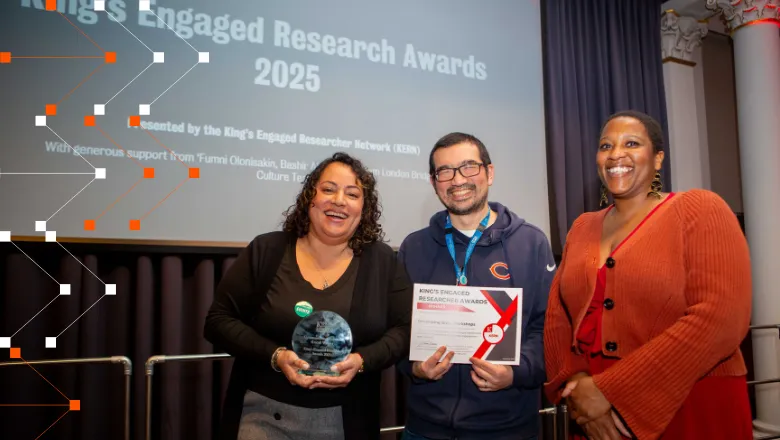
Radiation Reveal: Public engagement project breaks down barriers between researchers and patients
A recent public engagement project carried out across King’s College London, University College London, and Queen Mary University of London (QMUL), brought...

In Conversation with Dr Samantha Terry
Dr Samantha Terry talks to us about the impact public engagement can have on both research and inspiring the next generation of scientists.
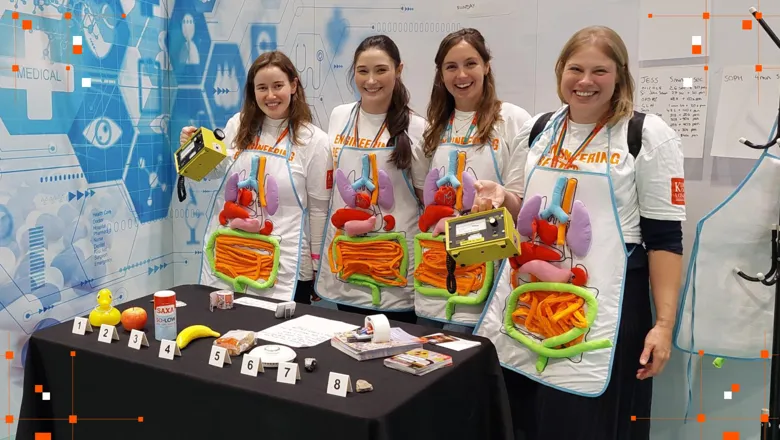
Researchers from UK and Netherlands call for funding to improve cancer treatments
In a recently published white paper, researchers from King’s College London and Erasmus MC, Rotterdam investigate the use of radioactive cancer-targeted drugs...
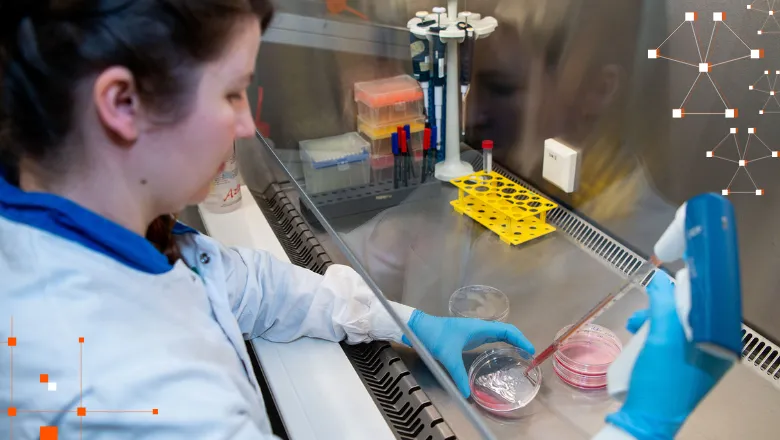
Chicken eggs could provide low-cost opportunities for cancer imaging research
King’s researchers have identified how fertilised chicken eggs could function as a viable option for cancer imaging studies and radiotracer development.
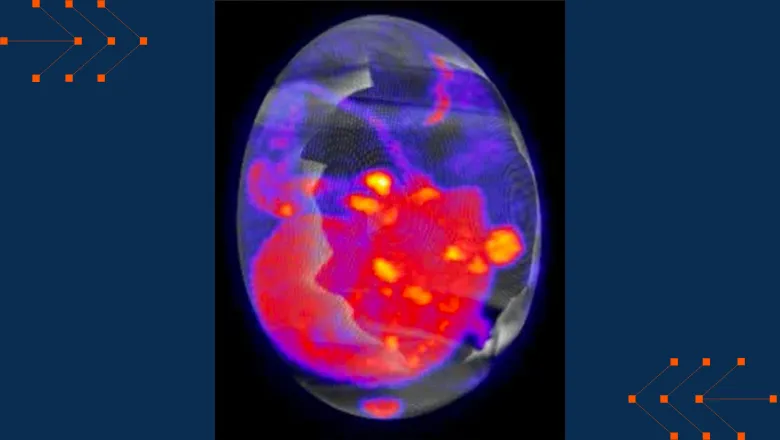
$1million awarded for alpha particle therapy for neuroendocrine cancer research
Radiobiology researchers at the School of Biomedical Engineering & Imaging Sciences have received $1million in funding to support preclinical in vitro and in...
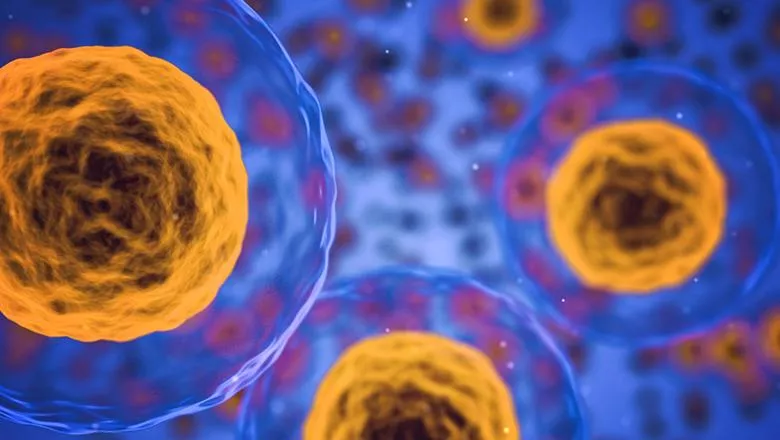
"We're young people first and patients second" Public Engagement project, Radiation Reveal unearths insights from young people with cancer treatment
Researchers and young radiotherapy patients united in a series of workshops to learn more about researchers and patients
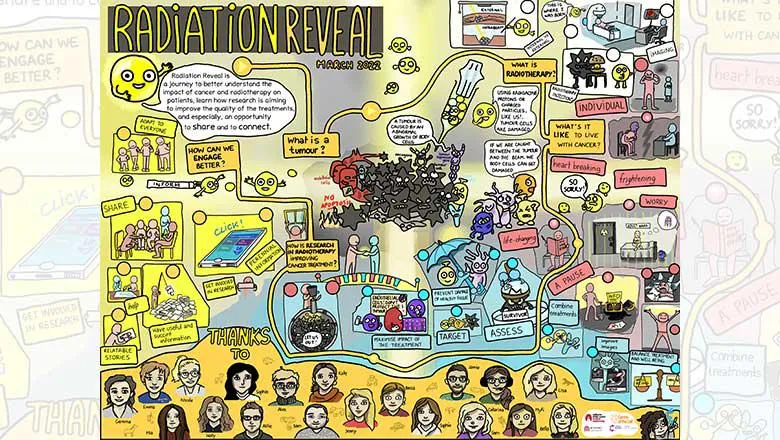
Academics peer reviewed by children for Frontiers for Young Minds journal
The paper describes the story of the discovery of nuclear fission and highlights the key contributions of a female scientist, Lise Meitner
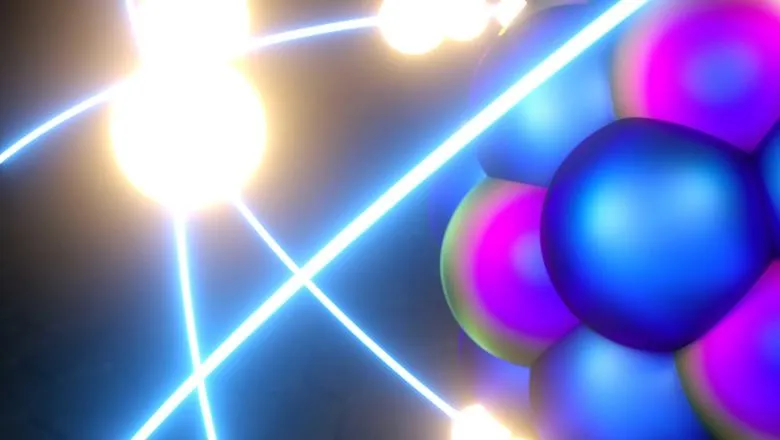
Rare small animal irradiator part of School infrastructure
Small animal irradiator for commencement of pre-clinical radiotherapy projects

Inspiring young people in London through careers in STEM
Researchers from the School of Biomedical & Imaging Sciences work with young Londoners as part of Westminster STEAM week.
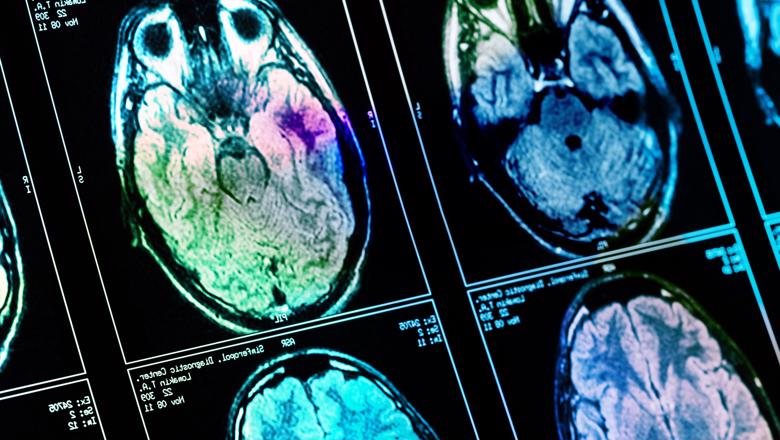
Events

Ada Lovelace Day Live 2024
The annual ‘science cabaret’ celebrating women in STEM at the Royal Institution, London.
Please note: this event has passed.
News
School public engagement efforts recognised at King's Engaged Research Awards 2025
Members of the School of Biomedical Engineering & Imaging Sciences were celebrated for their work at the King's Engaged Research Awards ceremony, securing two...

Radiation Reveal: Public engagement project breaks down barriers between researchers and patients
A recent public engagement project carried out across King’s College London, University College London, and Queen Mary University of London (QMUL), brought...

In Conversation with Dr Samantha Terry
Dr Samantha Terry talks to us about the impact public engagement can have on both research and inspiring the next generation of scientists.

Researchers from UK and Netherlands call for funding to improve cancer treatments
In a recently published white paper, researchers from King’s College London and Erasmus MC, Rotterdam investigate the use of radioactive cancer-targeted drugs...

Chicken eggs could provide low-cost opportunities for cancer imaging research
King’s researchers have identified how fertilised chicken eggs could function as a viable option for cancer imaging studies and radiotracer development.

$1million awarded for alpha particle therapy for neuroendocrine cancer research
Radiobiology researchers at the School of Biomedical Engineering & Imaging Sciences have received $1million in funding to support preclinical in vitro and in...

"We're young people first and patients second" Public Engagement project, Radiation Reveal unearths insights from young people with cancer treatment
Researchers and young radiotherapy patients united in a series of workshops to learn more about researchers and patients

Academics peer reviewed by children for Frontiers for Young Minds journal
The paper describes the story of the discovery of nuclear fission and highlights the key contributions of a female scientist, Lise Meitner

Rare small animal irradiator part of School infrastructure
Small animal irradiator for commencement of pre-clinical radiotherapy projects

Inspiring young people in London through careers in STEM
Researchers from the School of Biomedical & Imaging Sciences work with young Londoners as part of Westminster STEAM week.

Events

Ada Lovelace Day Live 2024
The annual ‘science cabaret’ celebrating women in STEM at the Royal Institution, London.
Please note: this event has passed.
